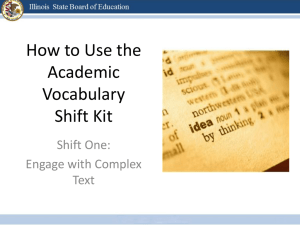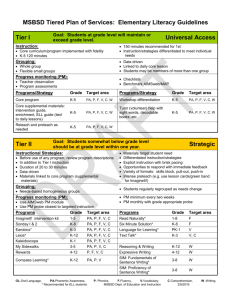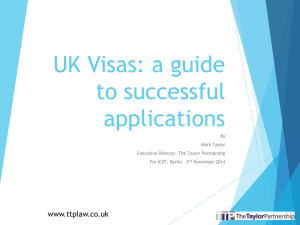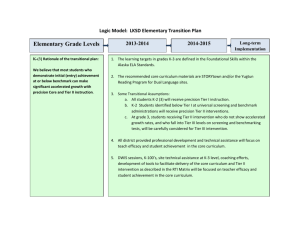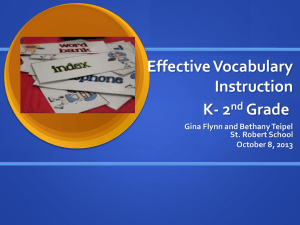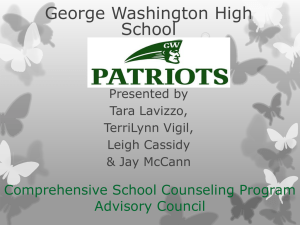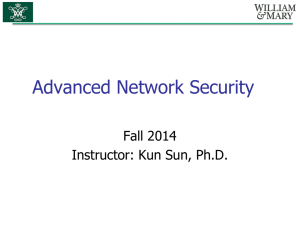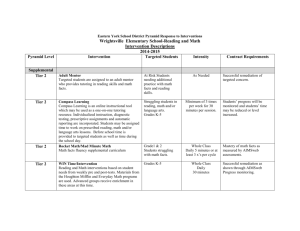Ohio County Schools Madison Elementary ESMH
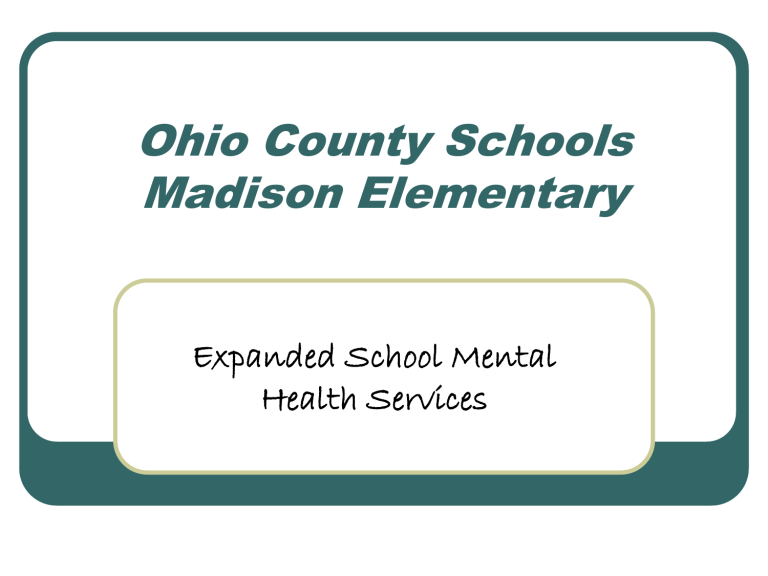
Ohio County Schools
Madison Elementary
Expanded School Mental
Health Services
Madison School Profile
Located in inner city, Wheeling Island,
Wheeling, WV
PK-5 th ; about 290 students
High percentage of single parent homes or grandparents raising children
High rate of drug/alcohol abuse and incarceration of parents
89% of students have free/reduced
Tier 1
Academic and Behavioral Supports
Co-teaching
PLC bi-weekly
Teacher study/support groups
Anchor (after school)
Attendance care calls
Too Good for Drugs
Second Step
Keep a Clear Mind
NetSmartz
Family dinner nights
Gold Star (PBS)
D.A.R.E
Lunch Buddy
Program
Tier 2
Academic and Behavioral Supports
SAT
SPL (RtI)
Tier pull-out interventions
Extended day tutoring
Homework time
Juvenile Mediation
Program
Extended Year
KOOL Kids Program
(middle school transition)
Save One Students
(mentoring)
Weekend Snack Bag
Program
Group counseling-
Bullfrogs & Butterflies
Afterschool Program
Tier 2&3
School- Based Mental Health
CHOICES Program
(since 2002)
Group, Individual & Family Therapy in coordination with Northwood Health Systems
A Center for HOPE & Change
(est. 2012)
Individual and family counseling;
Afterschool psycho-educational groups and developmental guidance in summer school
Children Served
Most are in grades K through 5 at the time of the initial referral
•
Show a demonstrated pattern of
•
Disruptive and aggressive behavior
•
Disrespectful behavior toward others
•
Failure to obey rules
•
A violation of the rights of others
•
Underachievement in their academic studies
•
Emotional and mental health issues including depression, anxiety, ADHD, & complex traumas
Parent or School identifies needs of students
Teacher, Parent and
School Counselor collaborate to make referral
Choices Staff,
School Staff, and families collaborate regularly about progress of children
With Choices
Communication is Key
Choices Staff holds intake with family
Group, Individual, and home mental health services are provided
Challenges and Barriers
Medicaid redesign & reimbursement issues
Lack of funding for un/under-insured children
Medicaid requirements for a DSM diagnosis
Scheduling time for students to be seen during the school day
Staffing
Family participation and commitment
School-Based Center has helped decrease barriers
Students in the afterschool program can receive counseling
Less of a social stigma because the program is from the school and not a mental health agency
Parent permission is easier to obtain (students received services quicker)
Gathering data for our own students is fairly simple
Positive Outcomes
Improved attendance
Increased compliance with medication
Increased social skills
Decreased impulsivity
Decreased aggression in the classroom
Decreased oppositional behavior both at home and in school
Improved relationships with peers and siblings
Improved self-esteem
Focus on Increasing Numbers of
Children Identified for
Tier 2 & 3 Services
40
35
30
25
20
15
10
5
0
2009-10
2010-11
2011-12
School Counseling Program
Highlights 2011-12
Completed 341 developmental guidance lessons in grades K-5
51 student self-referrals through the
“counselor note” system; grades 3-5
398 individual counseling sessions with students in grades K-5
The issues interfering with our students learning
40
35
30
25
20
15
10
5
0
Academic
Social/
Relational
Personal/
Emotional
Behavioral Health/Nutrition
Percent of type of counseling received
Ohio County Schools
Madison Elementary School
Before…
We are proud of
A Center for HOPE & Change and the CHOICES Program
…After
Contacts
Jessica Laslo, M.Ed, NCC, LPC
• jlaslo@access.k12.wv.us
•
304-243-0367
Lynne Mañalac-Stanley,
MSW, LICSW, ACSW, CTT
•
Lynne.manalac.stanley@gmail.com
•
304-975-2504
Jennifer Malone, MSW, LGSW
• jmalone@corp.northwoodhealth.com
•
304-234-3500 x. 3236


